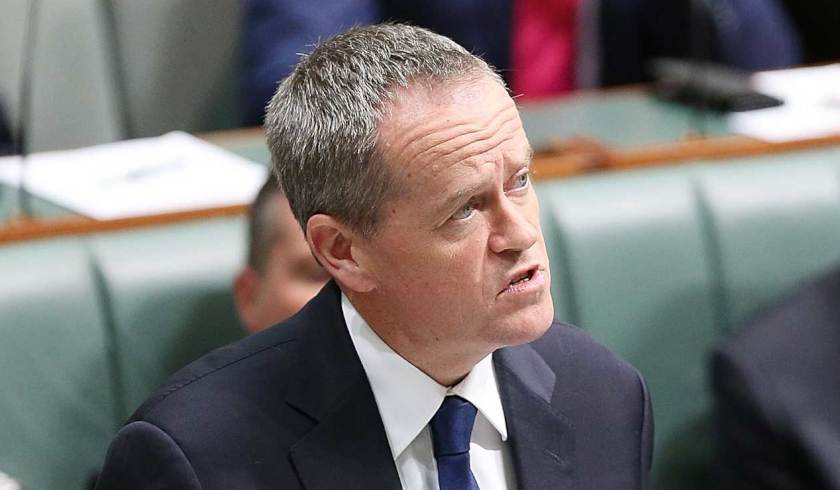How negative gearing threats impacted property buyers

The survey, undertaken by ME, is the first property sentiment survey after the election, APRA changes and two rate cuts and found a 4 percentage point drop in investors optimism about the market.
Investors and young people were less positive about the market, whereas owner-occupiers and those intending to see in the next 12 months are feeling more optimistic.
ME’s group executive of customer banking, Craig Ralston, said he was surprised by this result given recent events in the market.
“The drop in positive sentiment among investors is surprising considering negative gearing now seems to be off the table and APRA has proposed changes to home loan serviceability,” said Mr Ralston.
Moves from the regulator
Labor went into the last election with a proposal to change negative gearing rules so that it would only be applied to new properties and halve the capital gains tax discount.
This caused a lot of hesitation among the investing community who waited to see what the outcome of the election would be.
Following the Liberal government win, the fear of the negative gearing changes was eliminated, which led to an increase in buyer activity, according to Raine & Horne.
APRA’s serviceability announcement has also been received positively by the community as lenders in Australia will no longer need to assess loan serviceability based on a rate of 7 percent.
This change could alter the credit environment and influence a wave of new investors to come into the market.
How property sentiment is tracking
Despite investors’ change in attitudes, overall property sentiment remained in a net positive position, the survey found.
In April, when the first report was undertaken, 28 per cent of respondents expected prices to fall, that number has now been reduced to 17 per cent.
Thirty-two per cent predicted prices would rise back in April, whereas the recent survey found 38 per cent of respondents were predicting a house rise.
Despite increased optimism, 93 per cent of Australians still think that housing affordability is a big issue, compared to 88 per cent in April.
Mr Ralston said Australians have become more optimistic, but prices remained a worry for many.
“House prices remain high by historical and international standards, hence perceived worries about affordability may take time to shift,” said Mr Ralston.
Other than affordability, all other perceived worries had eased over the past three months, with concerns around tighter credit policies seeing a 10-percentage point drop and a 7-point drop for concern over negative equity.
“Reduced concern is likely connected to the increased sense of optimism about house prices,” said Mr Ralston.
Unsurprisingly, 86 per cent of first home buyers were happy to see property prices falling because it increases their chance to buy a property.
Higher-income earners were the most likely to be buying houses with 45 per cent of those earning over $125,000 intending to buy, while 25 to 39-year-olds were less likely to buy with 44 per cent intending to buy, dropping from 52 per cent.
Most buyers were investors, with 44 per cent intending to use the property as an investor, followed by first home buyers at 24 per cent.

